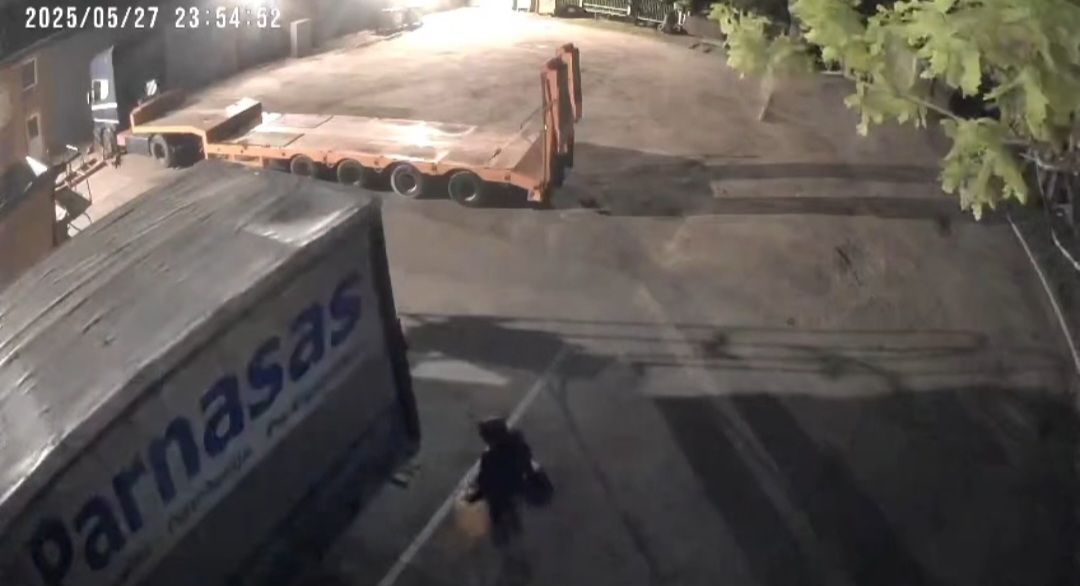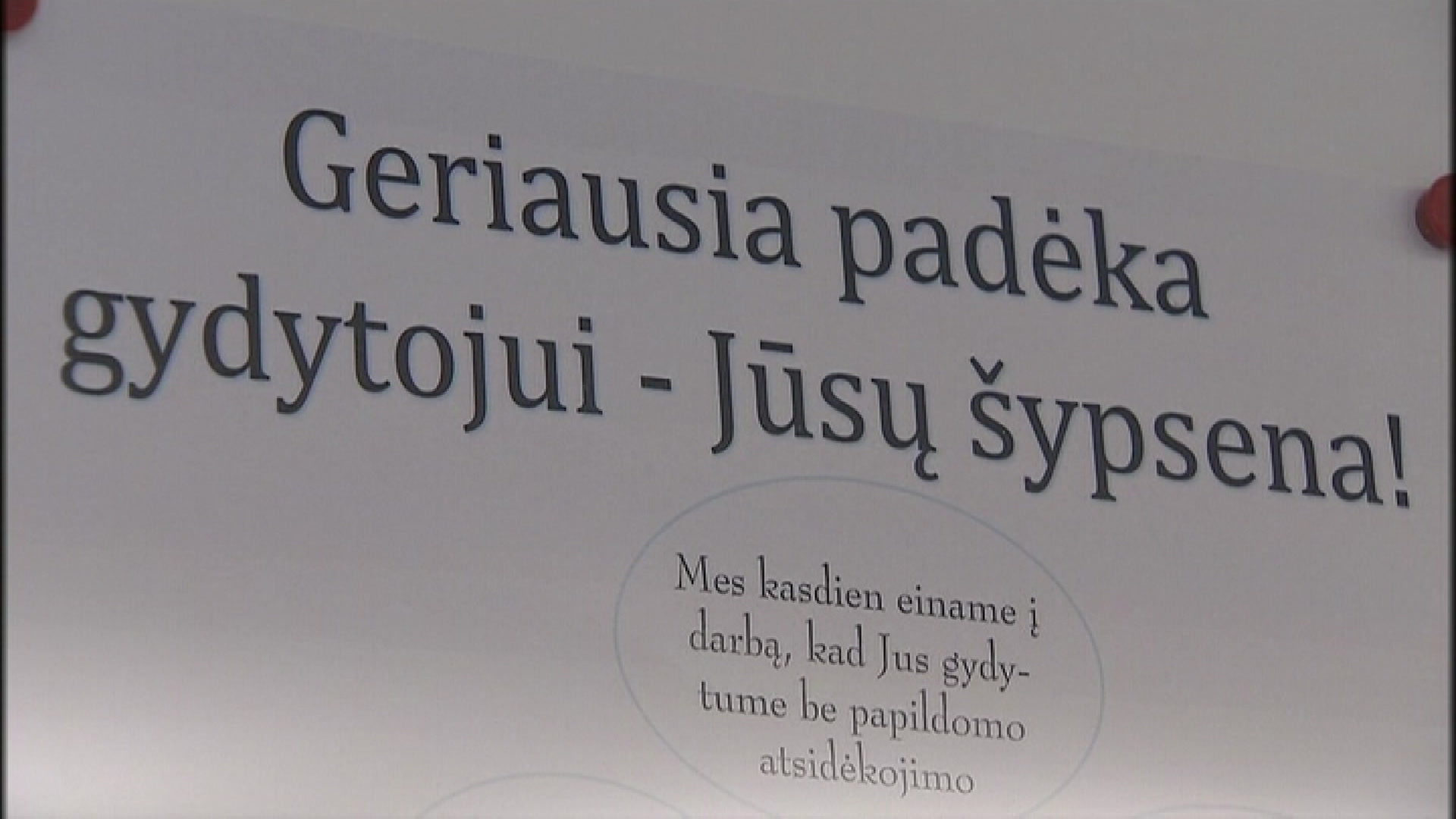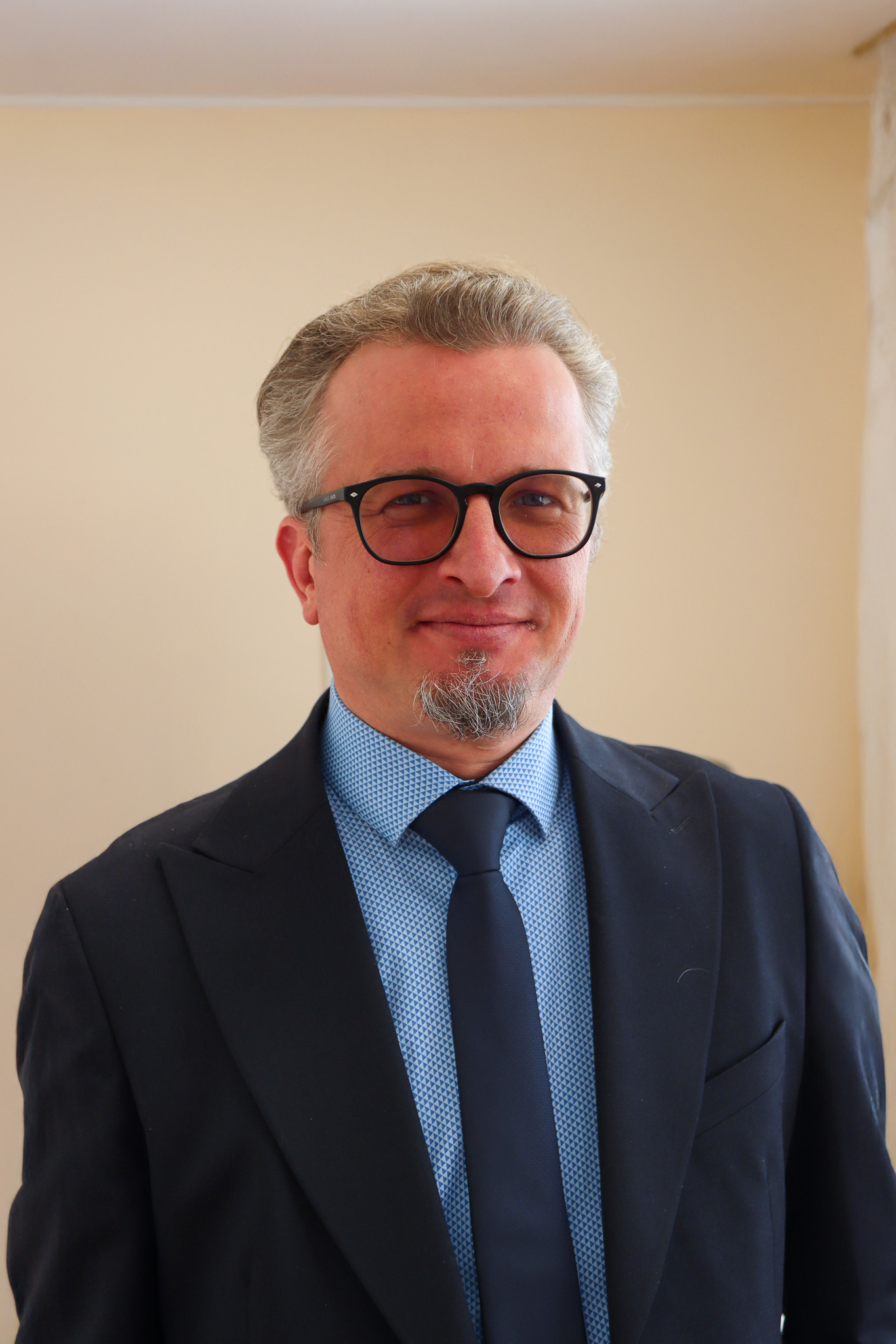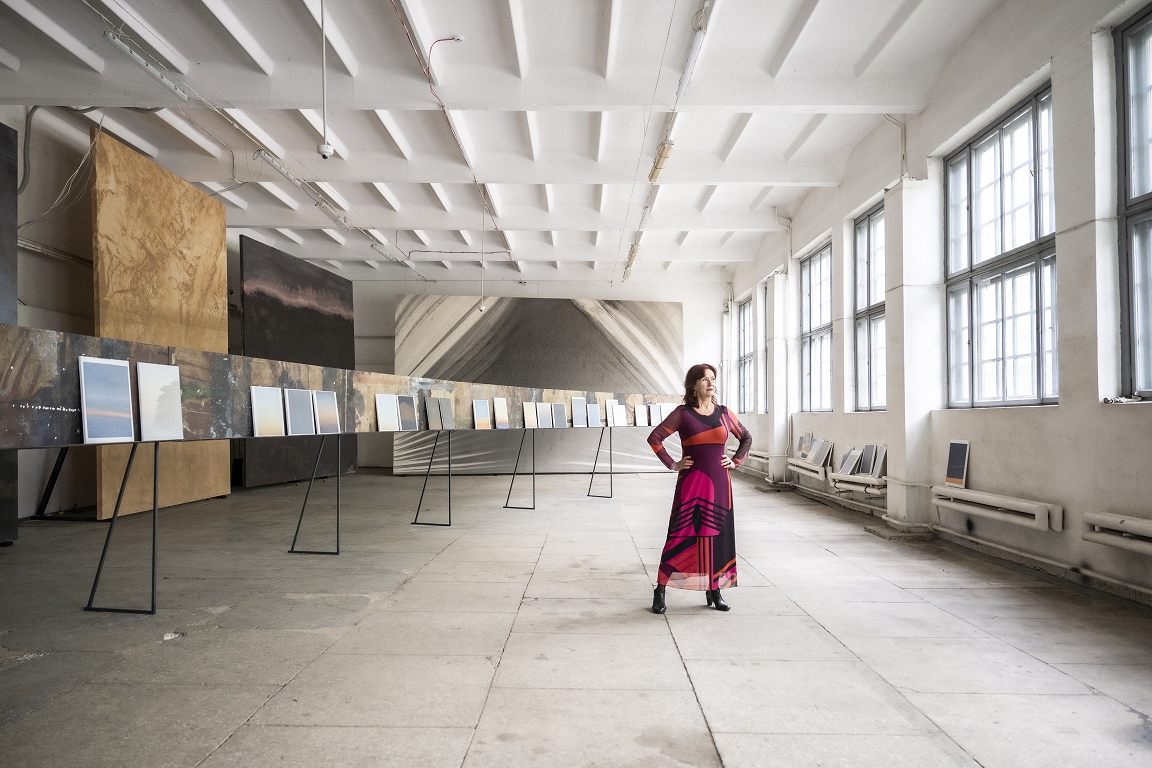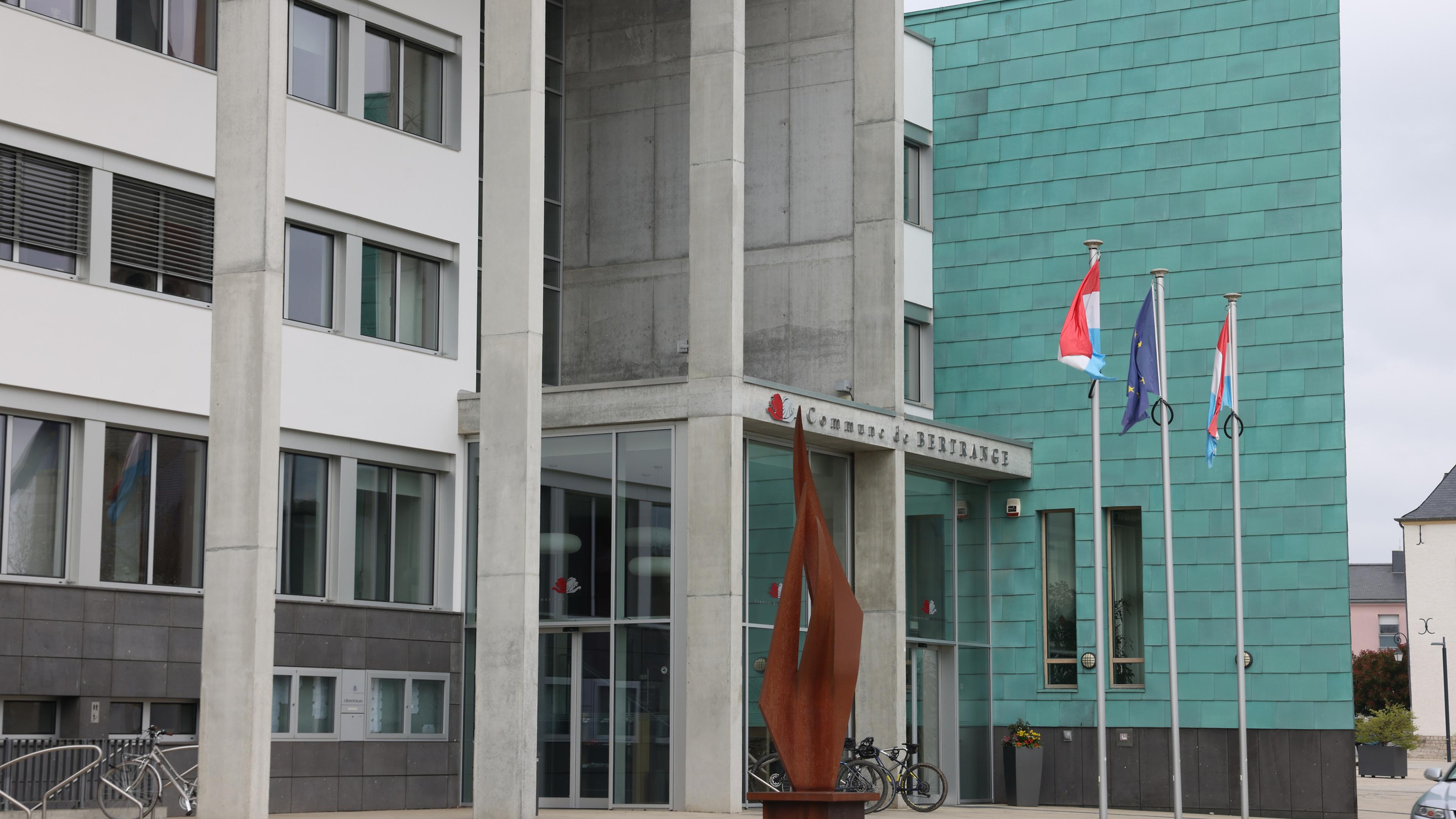What are we afraid of but we are afraid to admit that they are afraid?
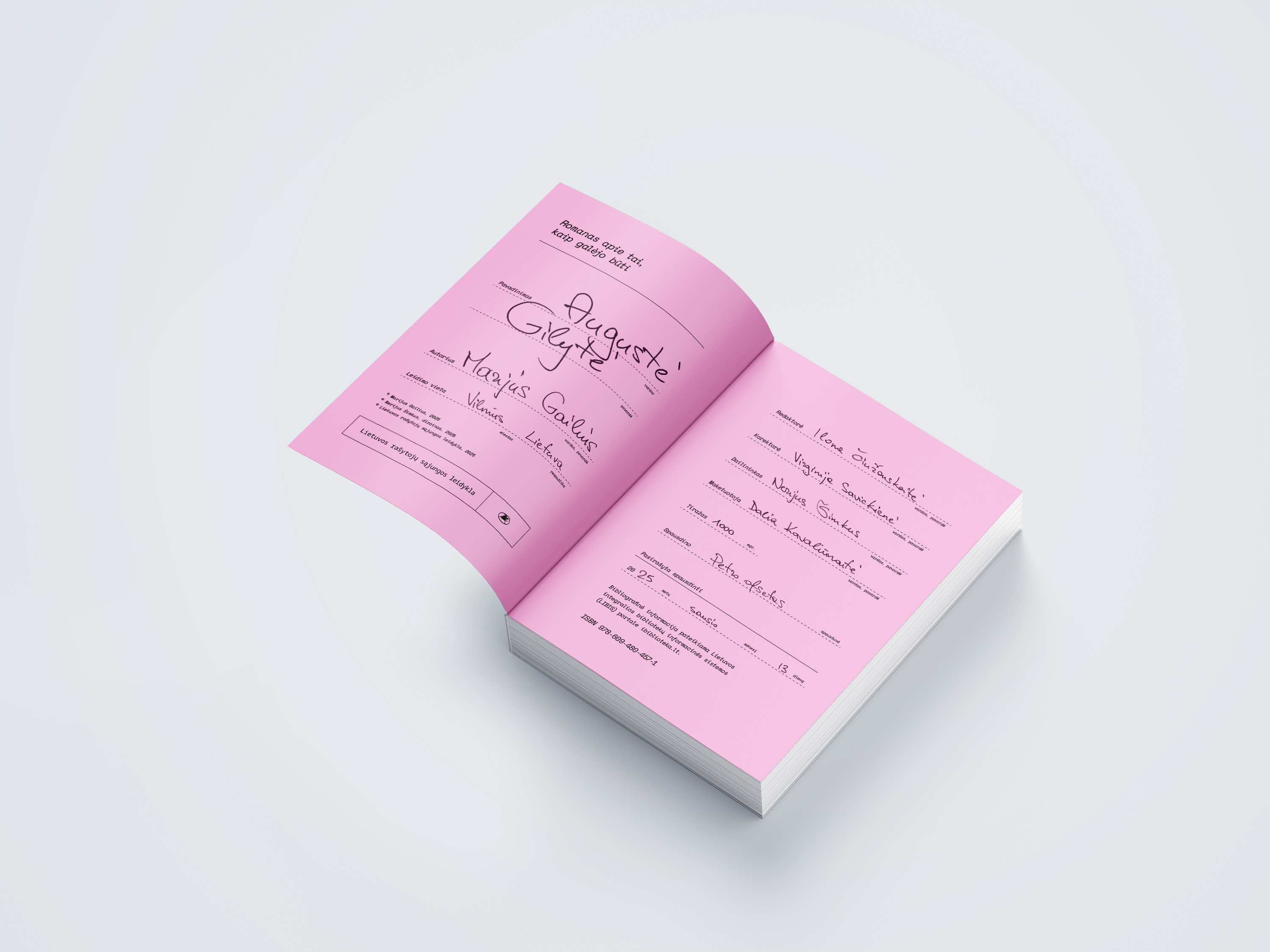
The reader is moved to the world of alternative history, which depicts the public from the occupation. Augustė Gilytė, a ten -year -old, acquainted with Christian two -year -old Christian, begins to spray graffiti at the Sports Palace, distributes illegal music and is just having fun. However, over time, Auguste, when she begins to study, faces the reality of a tyrannical system and has to decide: adapt or remain faithfully for her beliefs. After choosing to seek dignity and freedom, Augustė Gilytė, even while living in constant control, is fighting the system.
M. Gailius skilfully weaves the threads of the past and the present, using not only fiction but also his family history, whose fragments – authentic KGB interrogation protocols – became part of the novel. Augustė Gilytė is an experiment with history, exploration of alternative reality and at the same time a deep look at human consciousness and mechanisms of society.
About the ideas of the novel, the links with the present and personal experiences – a conversation with M. Gailius.
– « Augustė Gilytė » tells the alternative history of Lithuania, where the country does not break out of the occupation. Was it difficult to imagine and create such a world?
– I would say it was difficult to imagine what happened in 2022. February 24th It was difficult to imagine the destroyed Mariupol, destroyed by the Children’s Hospital. It’s hard to imagine a kiss. Although it really happened, it is still difficult to imagine.
We visit Auschwitz to imagine. And through imagination we would grow our resistance, humanity. The cruelty of war crushes any imagination.
It is not that difficult to imagine a fictional world. We all have a tendency to create tales, sometimes for nightmares. My eight -year -old imagines incredible storylines lately before bed. They were left to the writer unless they were written down. And here’s to write down – and write well – not that easy. It requires work, skills.
Photo by M. Gailienė
– The genre of alternative history in Lithuanian literature is extremely rare. I wonder how you felt when creating this novel. Have you felt creative freedom, or vice versa – a lot of responsibility?
– I felt good. Because creating is to be free. I feel a professional responsibility: I care about the expression of language, its ingenuity, I also feel responsible for my character Augustė Gilytė. With this novel, I feel responsible for the implicit reaction of the reader (I am almost cared for when writing « Air »), I wish the reader the experience of speech and the story of the narrative.
True, after releasing the novel, I noticed three minor logic mistakes. For example, in one place, a head -protruding head is compared to a broom protruding from the brush, although it should be reversed. So I feel responsible for it too.
– When writing, did you explore some historical, cultural sources to better delve into this alternative reality?
– I researched. However, I did not directly follow the sources except one. While writing, a book published in Lithuanian was reached, published in Lithuanian by the KGB interrogation protocols. We only recently found out that grandfather Stasys Armon was a partisan. Such a fact in itself is dramatic, but the message was perfectly in line with the default line developed in the novel. Therefore, I used the KGB material about my grandfather writing the third part of the novel, only Augustė Gilytė, the character in it. Yes with my grandfather I haven’t seen, I was talking about a difficult topic. And he helped me to create a storyline.
– Did you see certain parallels with the present when writing about such Lithuania?
– Not only did I see parallels with the present – I was intentionally weaved. The alternative story as a genre gives great freedom. In one text, I wrapped what it was, what could have been, what is now and what could be. Therefore, the time of the novel together is both the past, the present and the future, but it all happens on a parallel time.
– In the novel, the totalitarian system is not just repression and violence – it penetrates into domestic life and thinking. Why was it important to show exactly, normalized, oppression of the face?
– When can oppression be normalized? I will answer a life example. In the past, my wife and I rented the second floor of a wooden house in Užupis. We lived freely and quite bohemian until the housing owners moved to the same yard, to the adjacent house. First they installed a gate with an automatic lock. Gradually we stopped spending time in the yard. We had to find out what guests were visiting. We even had to find out for their siblings. We did not notice how the hostess, who had a frightened, closed us in the panopic. It was normalized oppression. When we took away from there, we felt escaped from prison. Thinking adapts to oppression, violence. In the novel, the situation of reconciliation with tyranny is, of course, dramaturgically enhanced.
– In the book, you talk about control of thought and fear of hearing your own thoughts. Can we say that human freedom depends on his awareness?
– Awareness is like circles in the water: if you want your thoughts to be as free as possible, you need to constantly move water. In my narrative, awareness is crushed, crushed. In both global and Lithuanian literature, this is a previously developed situation: be it George Orwell’s 1984 or Richard Gavel « Vilniaus Poker ». You will simply not do this in a narrative of this type of narrative.
It is not that difficult to imagine a fictional world. We all have a tendency to create tales, sometimes for nightmares.
– Augustė Gilytė lives in a reality where important events are silent or distorted. How does the deleting or rewriting of history affect the individual and society?
– It makes people a mankur. This effect of consciousness impoverishment in his novel « Long Century Day » was revealed by Kyrgyz writer Genghys Aitmatov. The compressive effect of the rewriting of history and reality with enormous force is manifested in « Vilnius Poker ». The novel « Augustė Gilytė » is partly read as a reverse to R. Gavel.
Just a few years ago, I found out that my grandfather was involved in post -war resistance. As I mentioned, the fact in the family was concealed. I don’t know if anyone knew it at all, without it. Grandpa was killed when his daughter – later my mother – was still a child. The death of Grandpa, a secret to the grave, rewrote the whole family history in his own way and dimmed a large part of our conscious life. About this and Augustė Gilytė – about dramatic defaults in family and society. Until we know the whole truth, even if painful – especially painful! – About our past, we cannot be completely free.
– Can this reality of alternative history be understood as a warning that democracy is not a self -evident and eternal phenomenon?
– I do not offer such theses directly. However, if that were the side of the novel’s read, I am against.
– In addition, in the novel how much you criticize materialism, a superficial lifestyle, you claim that we are « drowning in shit ». Can it be understood as a call to wake up and rethink values?
– I do not encourage in any way! Whoever wants is to test. Also, I am not sure if I criticize: the character simply notices and loudly identifies certain anomalies of public life, the transparent meanings and the distorted forms. Literature is like a mediator who, with the distance or, in the case of Augustus, ridicule, irony, allows us to look at the manifestations of our daily life. It’s healthy.
It is true that cyclist Augustė Gilytė, in a wondering why so many people in the city are driving cars in the city, to the social reality, however, the appeal is a little. I am sincerely incomprehensible why Vilnius residents are much more than in other European capitals they love cars so much. I will not hide: as a cyclist, this custom is puzzling and annoying. When I drive in the city myself, I hate myself, I find it difficult to accept all that intersection annoyance and myself in a stopper and motion. Thus, the writer’s personal provisions in this case pass into the story of fiction.
– This novel provokes the question: Do we appreciate our freedom enough? Did you expect readers to take a different look at history and present?
– I wish readers healthy experiences and, unless the character reiterates with relief that we have all the conditions of complete freedom. If we don’t feel free, it’s just an excuse. For example, my freedom is now very limited by young children, responsibility for them. But I understand how the relative thing is: when they grow up, I probably have no place to help my freedom.
– If you could, what question would you ask anyone who read this book?
– What am I afraid of, but I’m afraid to admit I’m afraid?

